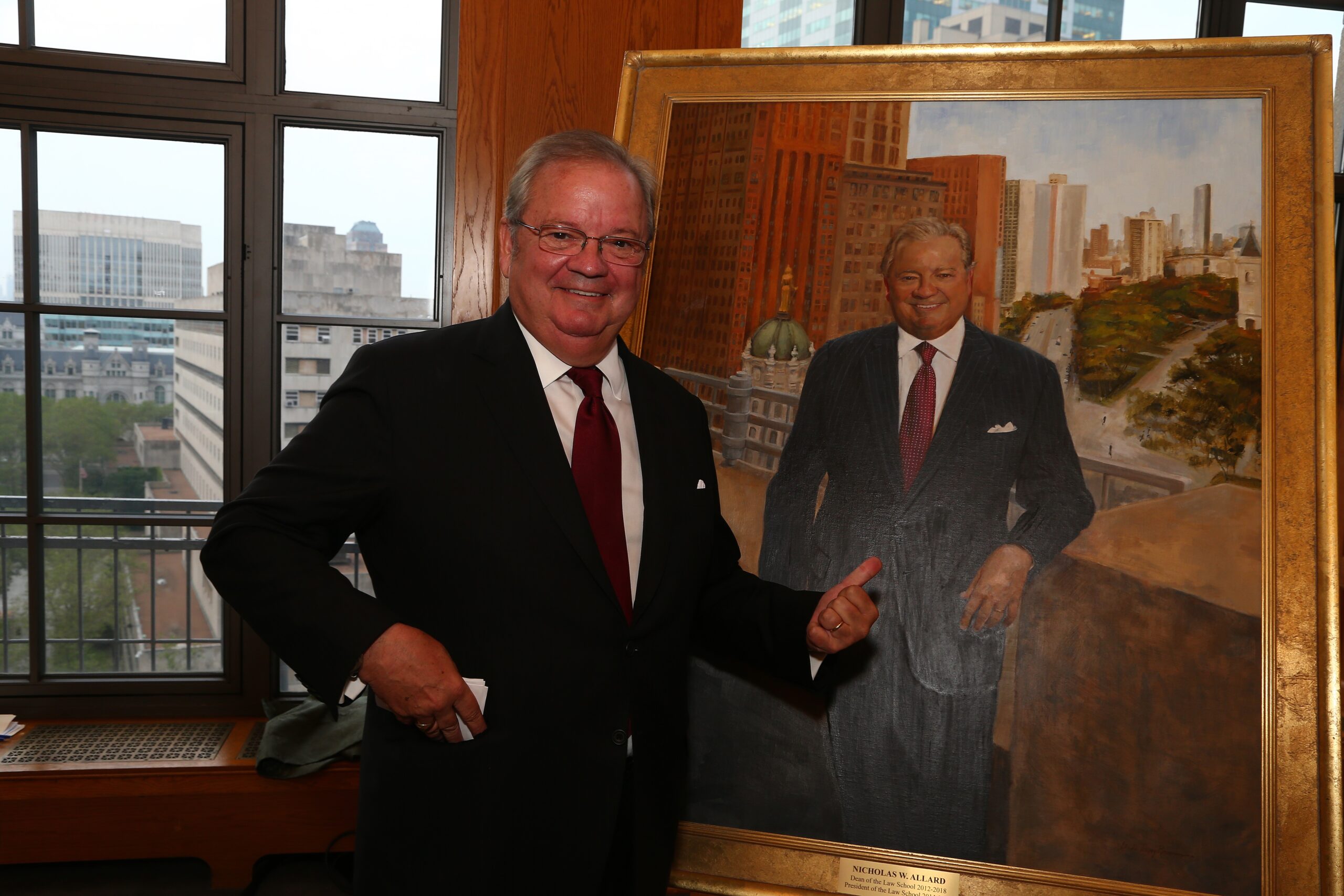Harnessing the future: Former Brooklyn Law Dean Nick Allard on navigating legal practice in the AI age

Photo: Andy Katz/Brooklyn Eagle
There is no doubt that artificial intelligence is going to change the way the legal profession operates, but it may still be too early to tell exactly how. In a recent piece, Nick Allard, the founding Randall C. Berg Jr. dean of the Jacksonville University College of Law and a former president and dean of Brooklyn Law School, discusses this transformation and its potential implications for the future of law.
Allard, who throughout his career in government service, legal practice and academia has been a key player in discussions about technology’s societal, legal and policy impacts, rightly suggests that the legal profession is at the crossroads of an AI revolution.
The former Brooklyn Law School dean describes the change in legal practice and education from manual research using “in the stacks” volumes of case reporters and statutes, to online searchable legal materials.